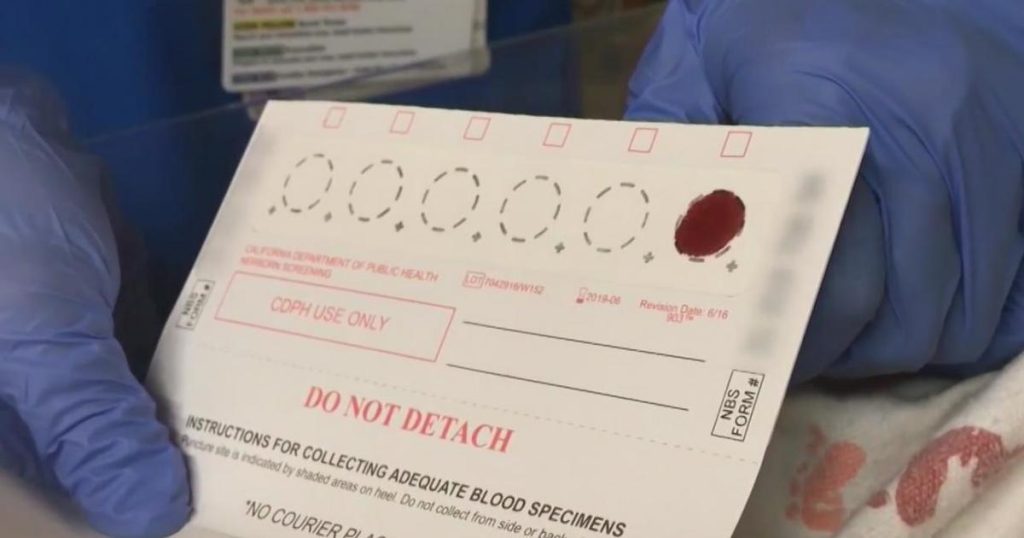A recent bill signed by Governor Gavin Newsom in California, prompted by a CBS News investigation, will require the California Department of Public Health to disclose the number of newborn DNA samples stored in the state and the number sold to researchers each year. This comes after a decade-long investigation revealed that California has been storing blood spots from every baby born in the state since the 1980s, allowing researchers and law enforcement to access DNA samples without consent. While this bill provides some transparency, it still does not reveal who is using the DNA for research or the purposes of the research.
The Newborn Genetic Biobank in California contains DNA samples from every baby born in the state since 1983, meaning that anyone related to those individuals likely has their DNA in the biobank as well. Despite several bills introduced this year to shed light on the state’s collection and use of newborn DNA, SB 1099 was the only bill that survived the legislative session. However, recent amendments to the bill have raised concerns about state secrecy, as it no longer requires the disclosure of which researchers are purchasing the DNA and the intended use of the samples. Privacy advocates are planning to continue their efforts next year to increase transparency regarding newborn DNA storage.
While privacy advocates acknowledge that SB 1099 is a step in the right direction, they are still concerned about the lack of transparency surrounding newborn DNA research in California. The amended bill removes key requirements for the state to reveal critical information about the use of the DNA samples, leaving many questions unanswered. Despite this setback, privacy advocates are determined to keep pushing for greater transparency and protections for the privacy of individuals whose DNA is stored in the Newborn Genetic Biobank. Continued coverage of this issue can be found on CBS News California Investigates.
For those who are concerned about their newborn bloodspot being stored or used for research without consent, there are options to opt out of storage or research. By learning more about the process of newborn bloodspot storage and how to exercise the option to opt out, individuals can take steps to protect their privacy and prevent the unauthorized use of their DNA. This information is crucial for individuals who want to ensure that their genetic information is not being exploited for research purposes without their knowledge or consent. Further efforts are needed to address the issues surrounding newborn DNA storage and research in California.


